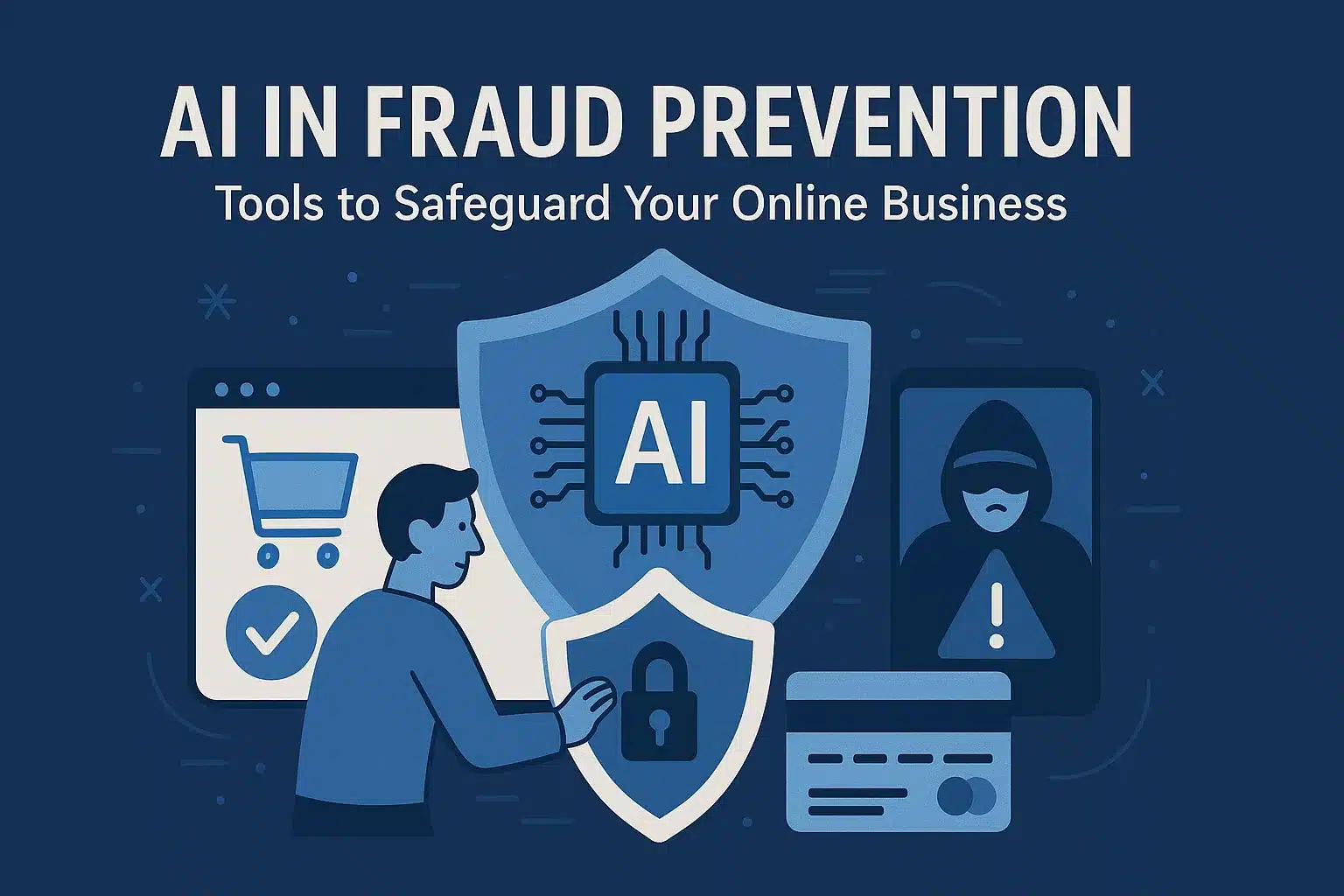FCPA Compliance: A Comprehensive Guide on Foreign Corrupt Practices Act
Staying on the right side of the law when dipping your legs in international waters is as important as following it. But how, you may ask. There is a rulebook with a set of rules designed to keep businesses honest and transactions transparent. That rulebook is called FCPA. FCPA stands for the Foreign Corrupt Practices Act. It is a crucial piece of legislation that aims to combat bribery and corruption of foreign officials by U.S. individuals and businesses.
It is a key player in ensuring fair play and ethical conduct across borders without falling foul of the law. However, understanding and following the Foreign Corrupt Practices Act isn’t always straightforward. That’s where this blog comes in handy. In this blog post, we’ll discuss the key components of the Foreign Corrupt Practices Act and provide practical steps to ensure compliance.
Save Thousands Of Dollars With Coggno Prime Subscription
Understanding the FCPA: Key Provisions
Anti-Bribery Provision
The anti-bribery provision prohibits U.S. individuals and businesses from bribing any of the following
- Foreign government officials;
- Political parties;
- Candidates to obtain or retain business
FCPA: Anti-Bribery Training Course
Accounting and Record-Keeping Provision
This provision requires publicly traded companies in the U.S. to
- Keep accurate books and records;
- Have a system of internal accounting controls
What Is The Jurisdiction Of FCPA?
The U.S. Foreign Corrupt Practices Act applies to the following:
- Individual;
- Firm;
- Officer;
- Director;
- Employee;
- Agent of a U.S. company;
- U.S. citizen or resident.
Anyone of the above who commits a corrupt act anywhere in the world is held liable under FCPA.
Complying With The Foreign Corrupt Practices Act (FCPA)
What Are The 5 Elements Of FCPA?
The five elements include:
- Paying or promising to pay money, gifts, or something of value.
- The involvement of a foreign government official.
- A corrupt motive.
- To influence, induce, or secure an improper advantage.
- Helping to obtain or retain business.
The FCPA complements laws that address other types of corrupt activities, including racketeering, mail fraud, conspiracy, wire fraud, and money laundering. In order to bring a successful FCPA case, the government must prove the existence of five elements.
What Is The Penalty For Violating FCPA?
Violating FCPA can result in severe penalties, including criminal fines for
- Individuals up to $100,000 per violation;
- Companies up to $2 million per violation
For certain willful violations, the penalties can increase up to $25 million per violation for businesses and up to $5 million per violation for individuals. Individuals can also face up to 20 years in prison for willful violations.
Who Takes Enforcement Actions For FCPA?
The U.S. Department of Justice (DOJ) and the U.S. Securities and Exchange Commission (SEC) are the primary agencies responsible for enforcing the FCPA.
What Are The Exceptions Under FCPA?
The FCPA does have certain exceptions, including:
- Facilitating payments (small payments made to secure or expedite routine governmental actions)
- Payments that are lawful under the local laws of the foreign country.
For more details, please visit the official FCPA website.
What Are The Steps To Ensure FCPA Compliance?
1. Create an FCPA Compliance Policy
Conduct a thorough risk assessment to identify areas of potential exposure to bribery and corruption. Consider factors such as the following:
- Countries in which you operate;
- Nature of your business;
- Types of transactions you engage in.
Develop and implement a comprehensive FCPA compliance policy that outlines the company’s commitment to ethical business practices and compliance with the FCPA. Furthermore, ensure that these policies are communicated to all employees, agents, and business partners.
Preventing Bribery And Corruption In A Global Economy Course
2. Create an FCPA-Based Compliance Team
Establish a dedicated FCPA compliance team responsible for overseeing and enforcing the company’s FCPA compliance program. This team should include representatives from various departments, such as legal, finance, and human resources.
3. Train Employees on Anti-Bribery and Corruption Practices
Train employees, agents, and business partners regularly on the FCPA, anti-bribery and corruption practices, and the company’s compliance policies and procedures.
4. Establish Internal Controls to Guide Employee Behavior
Implement strong internal controls to guide employee behavior and ensure compliance with the FCPA. This should include approval processes for gifts, entertainment, and other business courtesies, as well as clear guidelines on interactions with foreign officials.
5. Document Transactions
Maintain accurate and transparent books and records that reflect all transactions and payments. Implement a system of internal accounting controls to prevent the use of off-the-books slush funds, bribes, or other illicit payments.
6. Offer Multiple Whistleblower Reporting Methods
Implement confidential reporting mechanisms, such as a whistleblower hotline, to encourage employees to report any concerns or violations related to the FCPA.
7. Be Aware of Third-Party or Vendor Behavior That May Put You at Risk
Implement a rigorous due diligence process for screening and monitoring third parties, including vendors, suppliers, agents, and business partners. This should include background checks, financial reviews, and compliance certifications.
8. Maintain Accurate and Current Financial Records
Conduct regular internal and external audits to ensure compliance with the FCPA’s accounting and record-keeping provisions.
9. Check With Your Supervisor Before Giving Gifts to Foreign Officials
Establish a clear gift and entertainment policy that outlines permissible and impermissible practices when interacting with foreign officials. Employees should always check with their supervisors before giving gifts, entertainment, or other business courtesies to foreign officials.
Understanding Anti-Bribery And Anti-Corruption Course
Conclusion
FCPA is more than just a legal requirement. Compliance with the Foreign Corrupt Practices Act (FCPA) is essential for companies operating internationally to mitigate legal risks and protect their reputation. For your FCPA training and certification needs, visit Coggno. We offer the latest training programs to keep you updated with industry rules and regulations.
We hope this blog has helped you understand the basics of FCPA and how to comply with it. We just want you to dip your toes into global markets in the right way.
Maximize Training, Minimize Costs With Coggno Prime




















